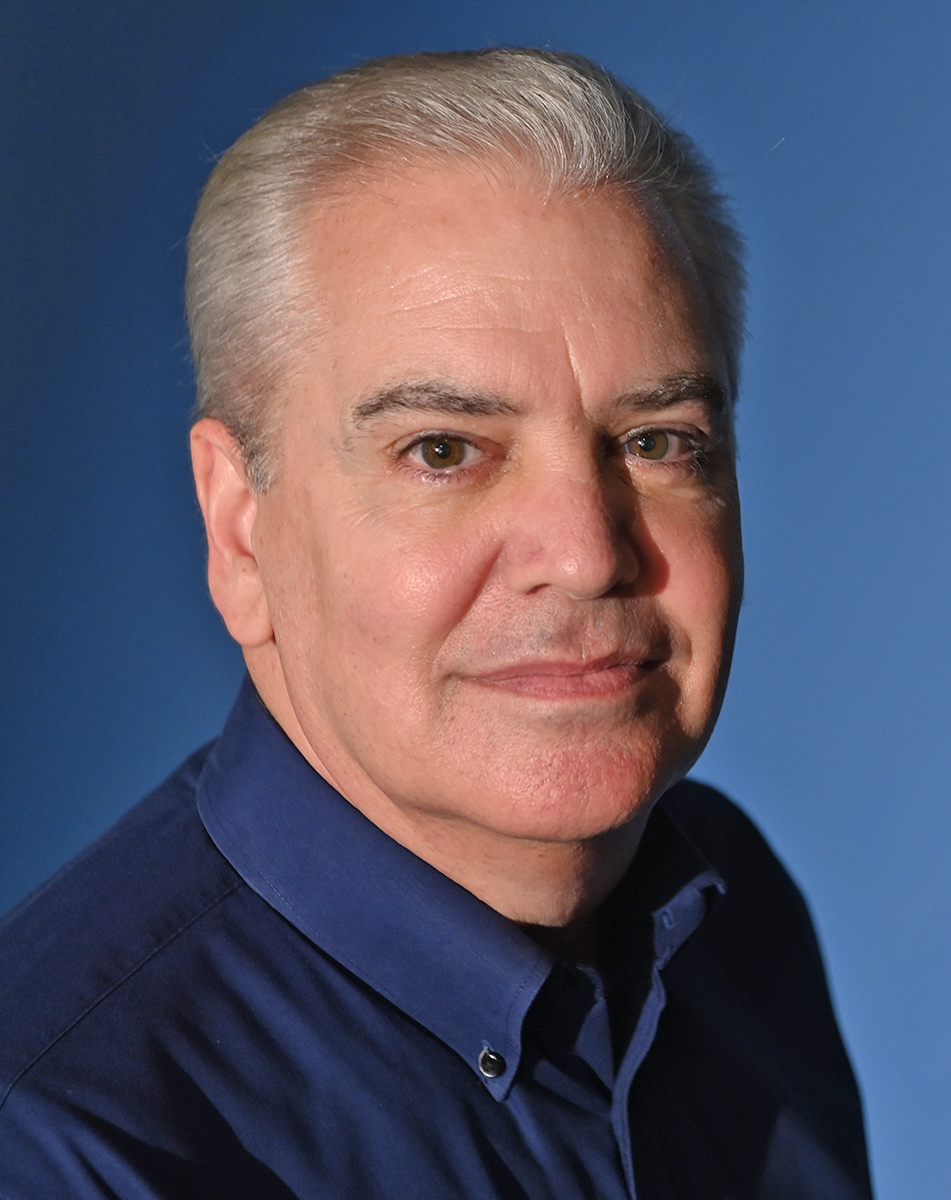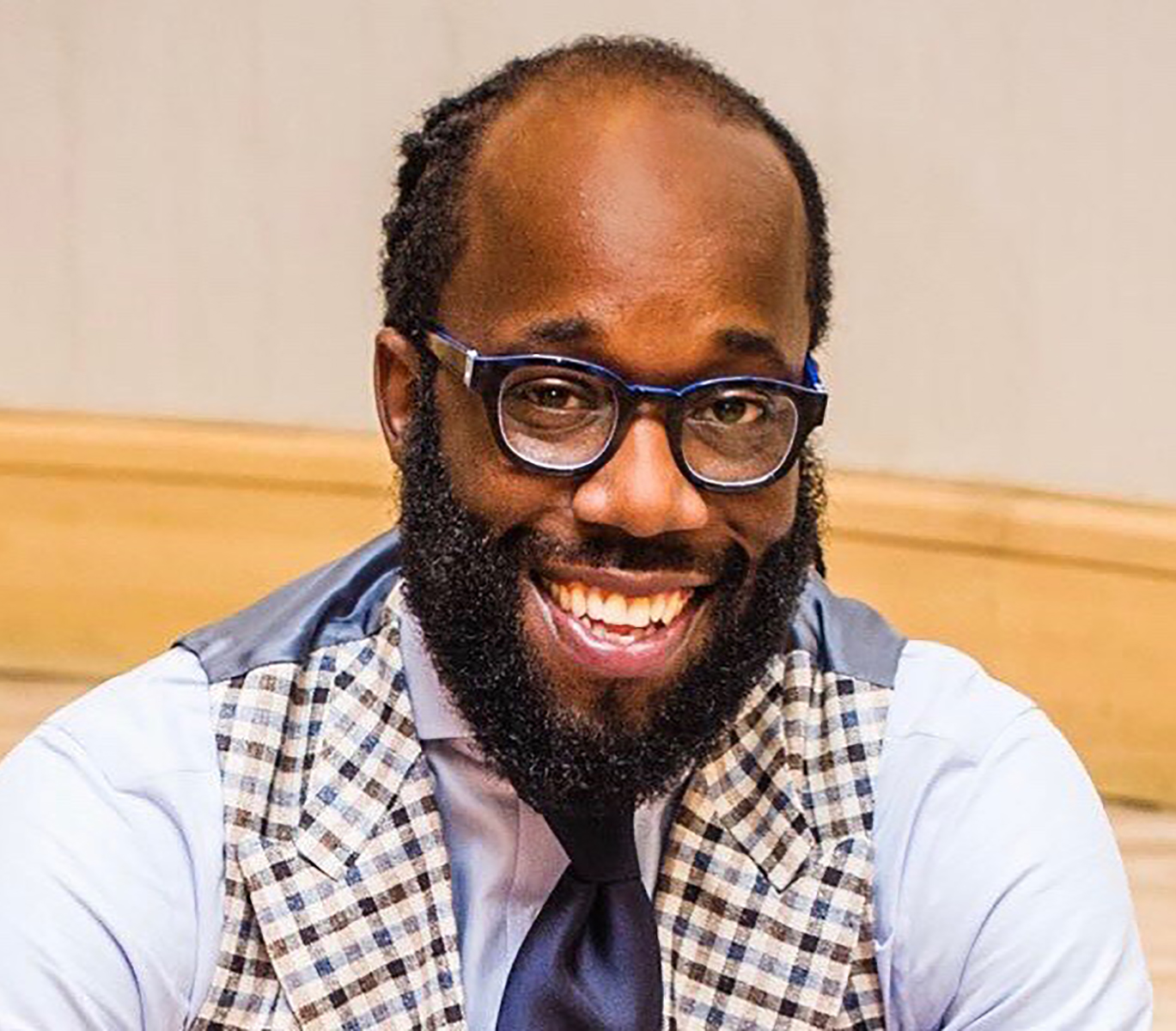Q&A with the Author
- It has been 21 years since the publication of the first edition of The Developing Mind. Neurobiology has come a long way in that time. If you had to choose just one discovery as the most important or exciting, what would it be and why?
- Looking forward, what advances do you hope we will see in the next 21 years?
- A central theme in your book is the concept of human resilience—the ability to cope, adapt, or “bounce back” when faced with adversity. So many of us are struggling with resilience in the face of COVID-19. Do you have any advice for fostering a healthy mindset right now?
On May 27th, Guilford published the revised and expanded third edition of our bestselling book, The Developing Mind: Third Edition: How Relationships and the Brain Interact to Shape Who We Are, by internationally acclaimed author, award-winning educator, and renowned child psychiatrist Dan Siegel!
You can read a free sample chapter of the book here.
Below, Dr. Siegel shares insights about neuropsychology and his new book.
It has been 21 years since the publication of the first edition of The Developing Mind. Neurobiology has come a long way in that time. If you had to choose just one discovery as the most important or exciting, what would it be and why?
In the last two decades since the “Decade of the Brain,” when the first edition of The Developing Mind was written, we did not appreciate how much the brain was truly a “social organ” of the body. This finding, involving a range of fascinating studies into the neuroplasticity of relationship experiences—that is, how our interpersonal communication is both shaped by neural structures and in turn shapes the development of the neural connections in our brain—is one of the most exciting and impactful findings in neuroscience.
We dive deeply into the interweaving of the networks that control the body, make maps of the mind itself for insight and empathy, and those involved in meaning-making and reward as we explore this fundamental social nature of the brain. As we track this exciting finding from neuroscience, we blend these discoveries with equally important and relevant discoveries in other fields, such as those of attachment research, linguistics, anthropology, and even physics. What an exciting time to be alive and to learn together about these new insights into what it means to be human!
Looking forward, what advances do you hope we will see in the next 21 years?
The broad field of “neuroplasticity,” or how the brain’s structure is shaped by experience, has yielded fascinating insights into how our focus of attention can actually shape the growth of the intricate neural connectivity underlying our brain’s networks. In the next 21 years, it would be wonderful to see a deepening of this discovery in the specific helpful ways the mind can change the brain’s neural architecture and functional linkages. Part of this challenge will be to embrace the view, offered in The Developing Mind, that the mind is broader than the brain, and bigger than the body. What!!? Yes, with this text, we break from the traditional biological view of “mind is what brain does” and explore a broader perspective from a range of disciplines that sees our mental lives as both fully embodied, not just enskulled, and fully relational.
The mind happens within us as well as between ourselves and other people, and with nature. In this way, the journey we take in this text is to provide a synthetic scientific view of how human cultural evolution—how the mind itself develops with culture—involves genes and neural structures, yes, but also the very ways we communicate with each other, and even have awareness of our own inner lives. The opening up of identity, our subjective sense of how we define the “who” of who we are, may be what neuroplasticity can reveal. Mind-cultivating practices harnessing the proven power of attention within awareness—focal attention—to shape neural architecture can be studied in more intricate studies in the next decades to help us guide the developing mind in generative and health-promoting ways—for the individual, families, and our relationships within cultures and our connections with nature itself.
A central theme in your book is the concept of human resilience—the ability to cope, adapt, or “bounce back” when faced with adversity. So many of us are struggling with resilience in the face of COVID-19. Do you have any advice for fostering a healthy mindset right now?
In our interpersonal neurobiology approach that started with The Developing Mind in its first edition, we offer insights for a growing community that helps in practical ways to both define the mind and provide applications on how to cultivate a healthy mind. This cross-disciplinary framework of science suggests that resilience and well-being emerge from a fundamental process we call “integration,” defined as the linkage of differentiated parts.
The 18 interns and I worked hard to review the pertinent scientific literature to challenge these principles, and the third edition that emerged offers practices to cultivate resilience by integrating consciousness with a practice called “the wheel of awareness.” Involving three pillars of mind training that focus attention, open awareness, and strengthen kind intention, the wheel has been offered to tens of thousands of individuals with fascinating results.
Weaving these experiences for the reader to cultivate their own resilience by integrating consciousness with the wheel as a practice with the in-depth discussions of The Developing Mind, including chapters on memory, attachment, emotion, and regulation, provide a combination of scientific synthesis with personal exploration. I didn’t realize at the time that this effort to make the book both a rigorous academic deep-dive and a personally inviting cultivation of well-being would be as useful as it is in these volatile, uncertain, complex, and ambiguous (VUCA) times we are now living in with this pandemic. I hope the reader will find this blend of the subjectivity and science of the mind a helpful—and enjoyable— experience as they explore these many dimensions of the new edition.
Daniel J. Siegel, MD, an internationally acclaimed author, award-winning educator, and renowned child psychiatrist, is Clinical Professor of Psychiatry at the School of Medicine of the University of California, Los Angeles, where he is the founding codirector of the Mindful Awareness Research Center.
drdansiegel.comfacebook.com/drdansiegel
twitter.com/DrDanSiegel
instagram.com/drdansiegel
youtube.com/mindsightinstitute
See all titles by and read more about Daniel J. Siegel on his author page!













